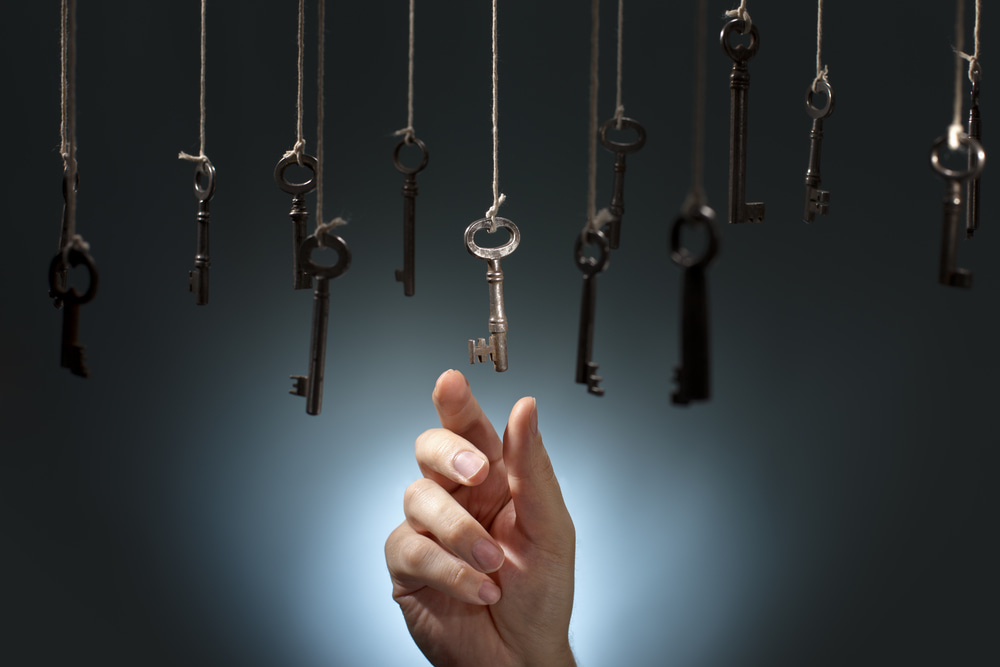Your emotions, thoughts, and actions are all inextricably linked. These three facets of your life need to work together for you to have a joyful existence. However, for many people, they often function out of tune, especially as a result of early traumatic experiences.
Sometimes, people let their feelings take over instead of thinking about a situation rationally. Like when someone constantly questions their partner’s loyalty when there’s no reason for it. This may feel like intuition, but may actually just be fear of abandonment that can be overcome through codependency coaching.
At other times, a person may be out of touch with their feelings and do anything to avoid them. Think and then Do! Bottling up your emotions may lead to physical symptoms or misdirected emotional reactions. Anything to not feel. It’s too much.
This is where relational alignment comes in. Through the process of “Pivoting”, people can direct their thoughts, emotions, and actions to work in unison. This way, they create a healthy way of being for themselves, where all the facets of their inner functioning come together to produce healthy actions.
What Is Relational Alignment?

Relational alignment is a concept that’s designed for people who tend to fall into the same, unhealthy patterns in relationships. They may have trouble connecting or attaching securely to people in their life. They may also slip back into coping strategies – a PIVOT we call these Survival Patterns. These patterns are acquired early in childhood, often not healthy however effective in the moments where they are trying to manage and tolerate feelings. For example, a constructive piece of advice from your partner may trigger the feelings of hurt that you felt when you were harshly criticized as a child.
Relational alignment means recognizing when our emotions, thoughts, and actions are disconnected. It’s not about trying to be perfect. Rather, its point is to be mindful and aware of ourselves in order to regulate ourselves more successfully, feel better in our own skin, and build fulfilling relationships.
What Does It Mean To Be Aligned With Another Person?
Although it’s easy to get swept up with passion at the start of a relationship, not aligning your wants and needs with your partner may mean that the relationship may leave emotional scars and come to an end.
For example, if your partner is ready to settle down and you aren’t interested in it, this will likely cause friction. People who are aligned are “on the same wavelength”. The relationship comes easy and feels natural to both partners because they have a mutual understanding of shared core values, goals, and expectations. Wants and needs matter. And, you’d be surprised how many people don’t know what their developmental parts want and need.
What Are The Three Pillars of Relational Alignment?
When you’re dealing with the intricacies of daily life, it’s vital to know how to cope with the inevitable bumps in the road. Relational alignment rests on three essential principles that can help you overcome certain inevitable challenges:
- THINK stands for having a clear head, thinking logically, and making sense of things.
- FEEL means honing your emotional intelligence and being in touch with your feelings.
- DO signifies taking healthy actions that are beneficial to yourself and the people in your life. Pivoting from habilitual do’s to healthy do’s.
Noticing when these aspects are incongruent and getting them to operate in unison is a useful strategy.
What Are The Benefits Of Successful Relational Alignment?
When what you THINK, FEEL, and DO align, you tend to make healthy choices and take positive action. This isn’t to say that you will never feel negative emotions. Rather, you will learn how to generate a healthy response to life’s challenges instead of reacting in an unproductive and impulsive way.
For example, you can expect to:
- Learn how to recognize and own up to your shortcomings
- Stop slipping back into self-destructive behavior
- Have more mental resources to handle stressful events
- Acquire the skills to cope with conflict
- Feel empowered without having to prove yourself to others
- Become unburdened by others’ approval or wishes
- Prevent yourself from taking hasty and ineffective actions
This will positively reflect on your relationships, too, as you will be able to attach securely and be more content in them. It may help you identify your passivity in a relationship, realize how to make a positive change in a relationship, or change the course of a dying relationship.
How Do I Realign My Relationship?

If you have wounds stemming from childhood attachment issues, it may be difficult to let go of ineffective patterns and maintain a healthy relationship. However, you can work through these problems and continue through life as a “healthy adult” capable of having an uncomplicated, loving relationship.
The first step to healing and overcoming your feelings of hurt is to understand the root cause of your present-day obstacles: Are you anxiously trying too hard to please people because you had an avoidant parent and want someone to see and hear you? Are you avoiding because you’re afraid of your partner not reciprocating, like someone from your past did and it’s easier not to feel?
This is what you can ask yourself to get a step closer to relational alignment and make the right moves when relating to others:
- THINK: What do I think about this? Am I overthinking it? Is my rational mind involved in making these decisions?
- FEEL: How do I feel about this? Are my emotions out of proportion? Do they align with the facts?
- DO: What am I about to do about this? What’s the right action to take?
Realign Your Relationship With Helpful Codependency Recovery Coaching
If you’re experiencing challenges in your interpersonal relationships, you can learn how to overcome them by participating in our PIVOT Process. It is a curriculum that helps you pivot from unhealthy patterns to a more balanced and rewarding existence. By working with our competent, certified, and compassionate relationship advocates, you can achieve relational alignment and instate harmony in your life.
This process is created for individuals who’ve experienced severe emotional trauma or have deep attachment wounds. Through it, you learn how to embody your “healthy adult” and be more in-tune with yourself. The curriculum is also customized to suit each individual’s specific needs as well as to allow couples to tackle the unique issues in their relationships. Contact us to set out on a journey toward deeper self-understanding and more fulfilling relationships.

















